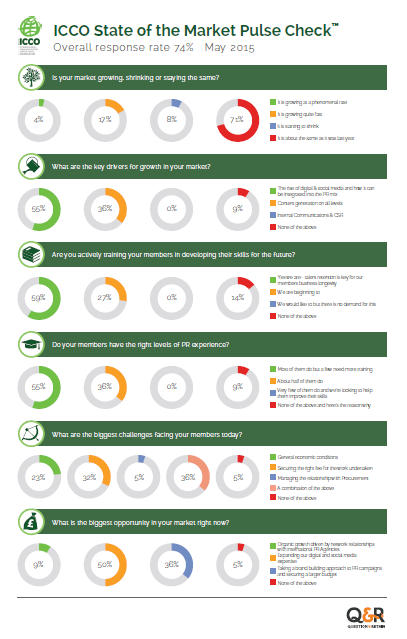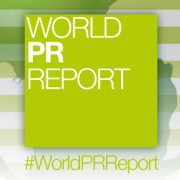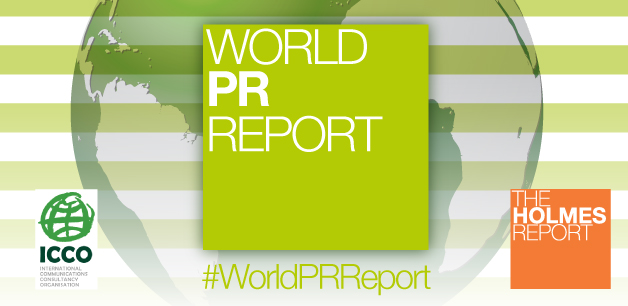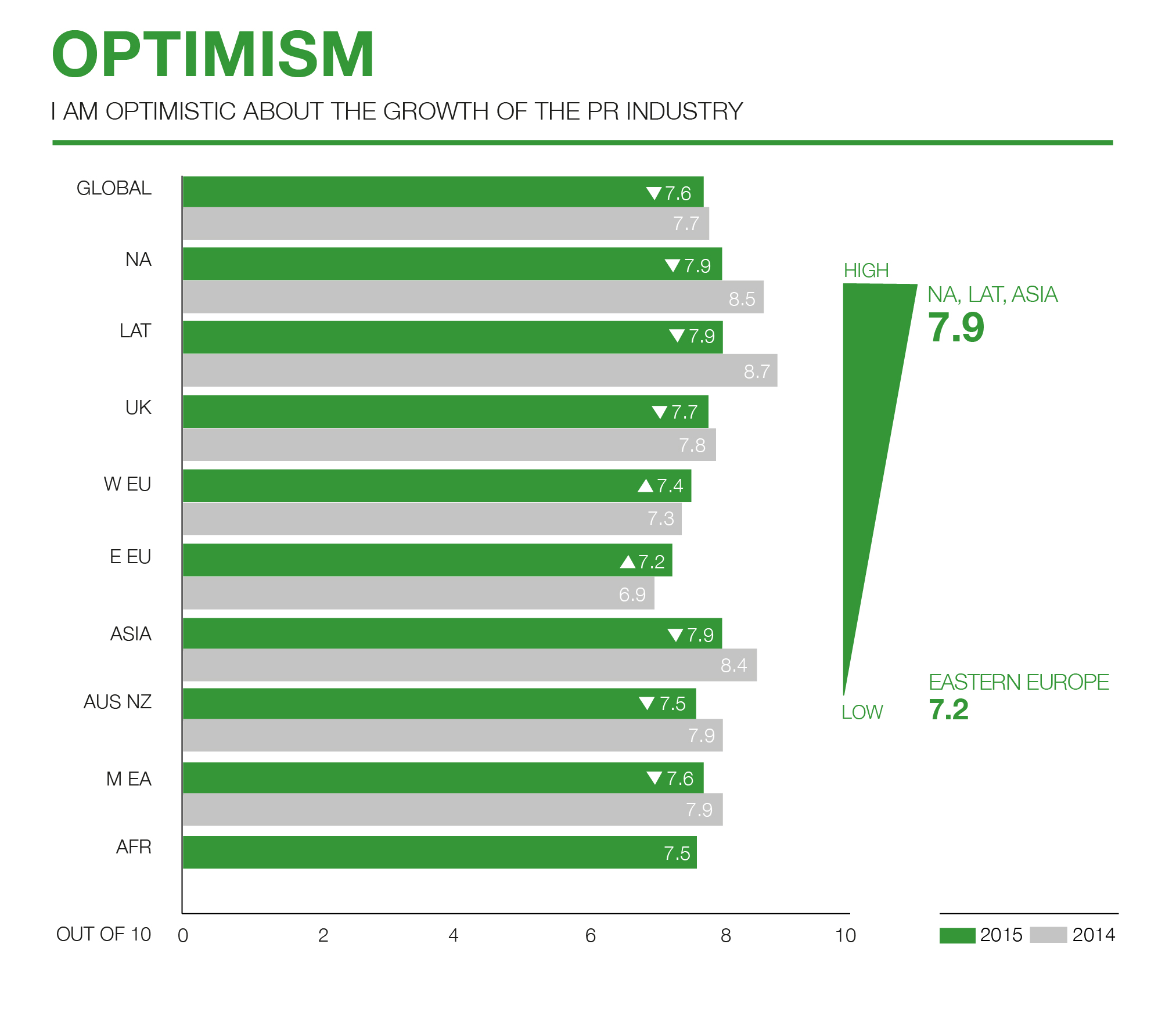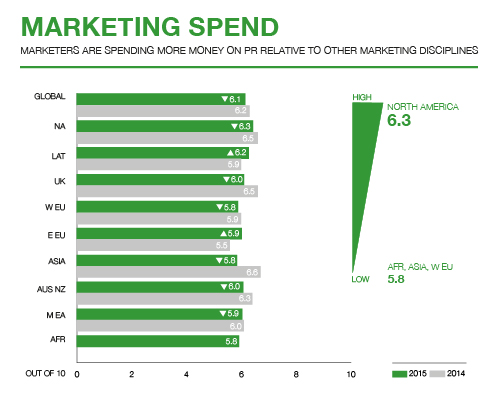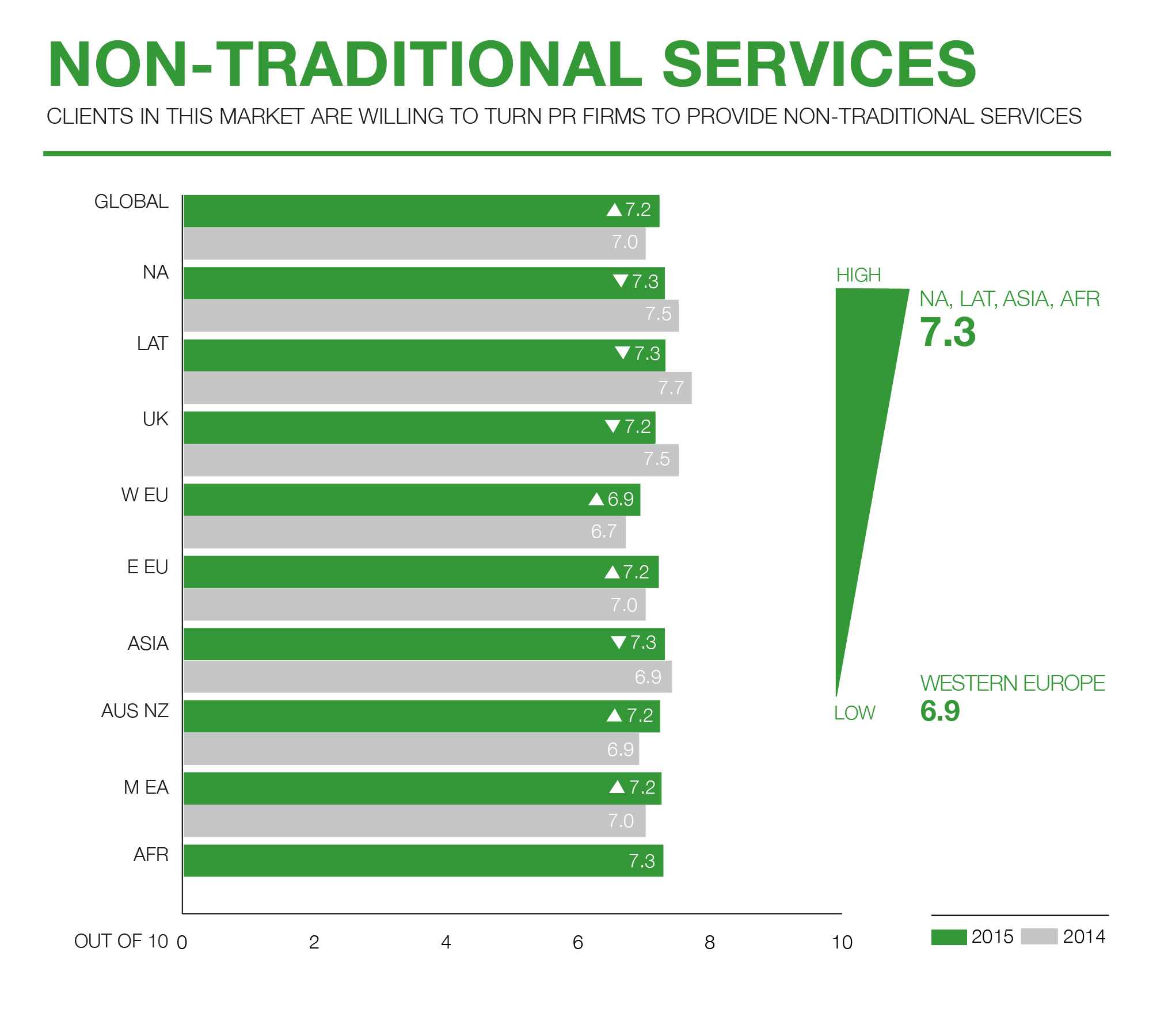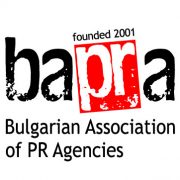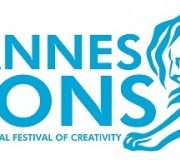Marilyn Manson, Shakespeare, stand-up, erotica, Jung & Harry Potter. Just another day at the office at Cannes Lions 2015
By Claire Bridges, Founder Now Go Create and Cannes Lions Mentor 2015
If you’re headed down to Cannes, then no doubt the big name creative rock stars (and maybe the actual rock stars) are grabbing your attention. Here are some picks including workshops and talks across the week from the edges too. If you’re not going but you want the inside skinny I’ll be sharing some of the best bits from Cannes via podcasts and blogs throughout the week too from the ICCO House of PR.
Get warmed up Ease in to the Festival gently and embrace the clichés early by unleashing your inner child with the Lego workshop on Sunday morning exploring co-creation from 11:30.
Get inspired Cannes is all about inspiring new lines of thought and exploring topics you probably wouldn’t otherwise consider. On Tuesday Professor Brian Cox is going to be talking through some of the key scientific principles that help us unlock some of the mysteries around us. The session will then attempt to show how these laws also apply to advertising. Sounds right up my street.
Get out of your comfort zone There aren’t many occasions where you’ll be permitted, nay, encouraged to talk erotica at work and this workshop looks fascinating. No idea how to apply it back at the office but that’s kind of the point. Erotica Before Internet – how muscles changed the world. Sunday 16:45.
Braille celeb culture – camera-phones at the ready…..Monday sees Marilyn Manson take the stage for the Grey annual music seminar – expect provocation and ‘outrage’. The music business is well represented at Cannes across the rest of the week with Will.I.Am, Mark Ronson, Natalie Imbruglia, Pharrell Williams and David Guetta all featuring.
Wednesday is an action-packed and celeb-tastic day with Kim Kardashian talking digital, Kenneth Branagh talking Hamlet to Harry Potter to The Guardian and the talent from HBO’s hit comedy VEEP discussing why political satire is a timeless form of comedy. Richard Curtis is in conversation with legendary ad man John Heggarty about the new UN campaign and that’s bound to be rammed. Jamie Oliver, Samantha Morton and Adrian Grenier also all featuring in workshops during the week. It’s not always immediately obvious what the celeb is bringing to the creative smorgasbord but it’s fun to rubberneck.
Channel creativity as a force for good 2014’s theme continues with many of the seminars leveraging this topic including Monica Lewinsky, the oft-described “Patient Zero” of online shaming, calling for an end to cyberbullying – Thursday 1230 Partnerships that galvanise social change sees Entourage’s Adrian Grenier and Aimee Mullins taking part in a debate about how celebrities and brands can work together to tackle society’s biggest problems and the opportunities this presents for both sides.
Get practical Whilst Cannes is all about sharing extraordinary creative there’s also a chance to hear from the strategists behind some of the leading campaigns on this year’s Warc 100 ranking to correlate that with what delivers commercially. Find out what they learned, and how they’ve applied those insights elsewhere.
Ideas in a hurry Given time is always an issue for PR folk it’s got to be worth spending 90 minutes at the ‘You only need 48 hours to solve a brief’ workshop between 11:30 – 1pm on Monday and at other various times during the week.
I’ll take up the invitation to ‘Become an ass-kicking copywriter in 25 minutes’ too. Thursday 1230 – 1300 and other times Lions Lounge.
Hear the client view Creative agencies may lead the way but clients are increasingly getting in on the action. Get an insight into the client’s perspective from brands including Nestle, Mars and airbnb in Wake Up With The Economist daily briefing 10:30.
Last year Heineken won 2015 Creative Marketer of the Year. Hear from 2 of their global team what principles the company is using to drive creativity and what we mere mortals might learn. Thirst for creativity 1700 – 1745.
Allow wiggle room Whilst you do need to plan if you really, really want to get into something, my advice is to leave wiggle room. Some of my most memorable bits have been things I stumbled upon or decided to go to at the last minute.
Make it last Keep a journal throughout the week to help remember what inspired you and to reflect in the weeks afterwards about what you learned and what you can take into your day-to-day work life post-Cannes.
Claire is founder of the UK’s leading creative training consultancy www.nowgocreate.co.uk and is the only PR professional globally working as part of the training faculty at Cannes 2015 a mentor for the Masters of Creativity 2015 programme alongside world-class industry experts following a stint on the PR Jury last year. Claire is an ex-WPP Consumer MD and Creative Director with over 20 year’s industry experience as a creative leader. She is the only person in the UK PR industry to hold an MSc in Innovation, Creativity and Leadership from City University London. Claire runs Unleash Your Inner Creative training for ICCO/PRCA.
For more information- www.nowgocreate.co.uk



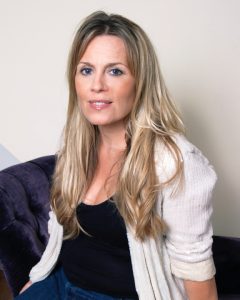
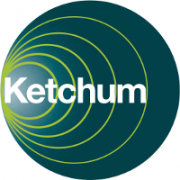
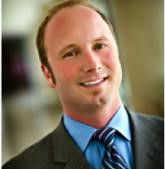
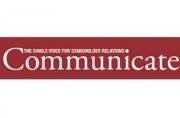

 For some, the networking opportunities available are the main draw, and around a third of those in attendance don’t actually go along to the scheduled talks. The event allows industry leaders from brands and agencies around the world to meet and share ideas. David Gallagher, CEO at Ketchum Europe and ICCO president, says, “Some come to be inspired, others to network. For me it’s a little bit of both, plus an opportunity to peek at great work from other disciplines and agencies.”
For some, the networking opportunities available are the main draw, and around a third of those in attendance don’t actually go along to the scheduled talks. The event allows industry leaders from brands and agencies around the world to meet and share ideas. David Gallagher, CEO at Ketchum Europe and ICCO president, says, “Some come to be inspired, others to network. For me it’s a little bit of both, plus an opportunity to peek at great work from other disciplines and agencies.” At this year’s Cannes Lions, the best place to network will be on the new Official Cannes Lions Beach, directly opposite the renowned Carlton Hotel. In the morning, delegates will be able to hear the CMOs of major global brands in conversation with the Economist, and at five o’clock in the evening, ‘Meet the Winners’ sessions will take place. Cannes sponsor, ICCO, will, for the first time, act as a host and convener for the PR and communications community at its House of PR on the beachfront.
At this year’s Cannes Lions, the best place to network will be on the new Official Cannes Lions Beach, directly opposite the renowned Carlton Hotel. In the morning, delegates will be able to hear the CMOs of major global brands in conversation with the Economist, and at five o’clock in the evening, ‘Meet the Winners’ sessions will take place. Cannes sponsor, ICCO, will, for the first time, act as a host and convener for the PR and communications community at its House of PR on the beachfront. Cannes Lions also has its fair share of celebrity speakers with this year’s line-up including Pharrell Williams on ‘creativity through collaboration,’ David Guetta on ‘authenticity and influence through celebrity endorsements’ and Marilyn Manson at the ninth annual Grey Music Seminar. These talks add to the glitz and the glamour of the event which takes place in a part of France that has long been associated with celebrity and luxury.
Cannes Lions also has its fair share of celebrity speakers with this year’s line-up including Pharrell Williams on ‘creativity through collaboration,’ David Guetta on ‘authenticity and influence through celebrity endorsements’ and Marilyn Manson at the ninth annual Grey Music Seminar. These talks add to the glitz and the glamour of the event which takes place in a part of France that has long been associated with celebrity and luxury. The main Cannes Lion festival is preceded by Lions Health on 19-20 June, it is a mini festival, launched in 2014, that is exclusively for the healthcare and pharmaceutical industry. The event was introduced to give due recognition to the previously overlooked health sector, an area with a wide range of unique communications challenges and one where strong creative strategy has the power to change lives. The inaugural Lions Innovation mini-festival will run on 25-26 June, overlapping with the main festival which runs from 21-27 June.
The main Cannes Lion festival is preceded by Lions Health on 19-20 June, it is a mini festival, launched in 2014, that is exclusively for the healthcare and pharmaceutical industry. The event was introduced to give due recognition to the previously overlooked health sector, an area with a wide range of unique communications challenges and one where strong creative strategy has the power to change lives. The inaugural Lions Innovation mini-festival will run on 25-26 June, overlapping with the main festival which runs from 21-27 June.



